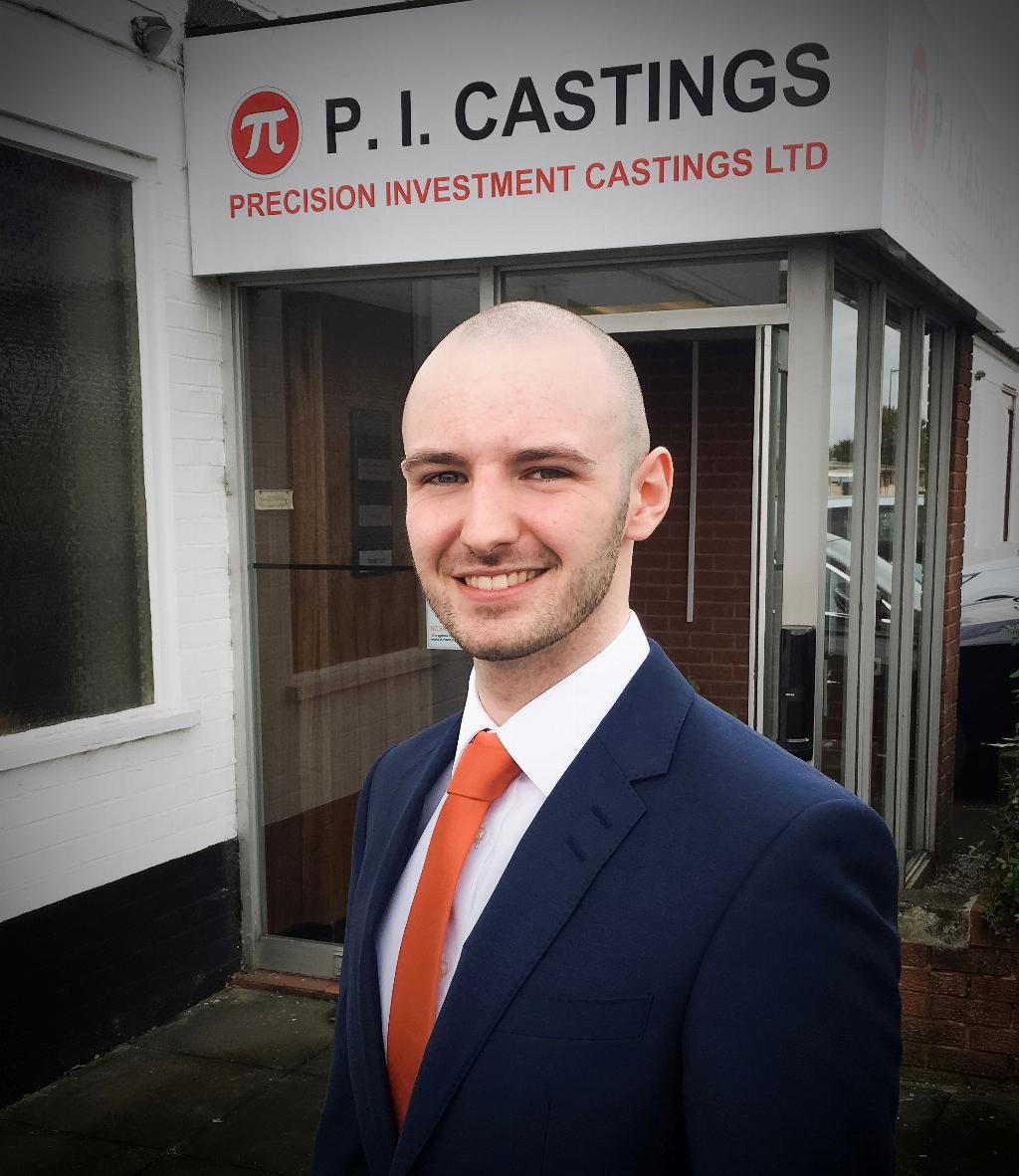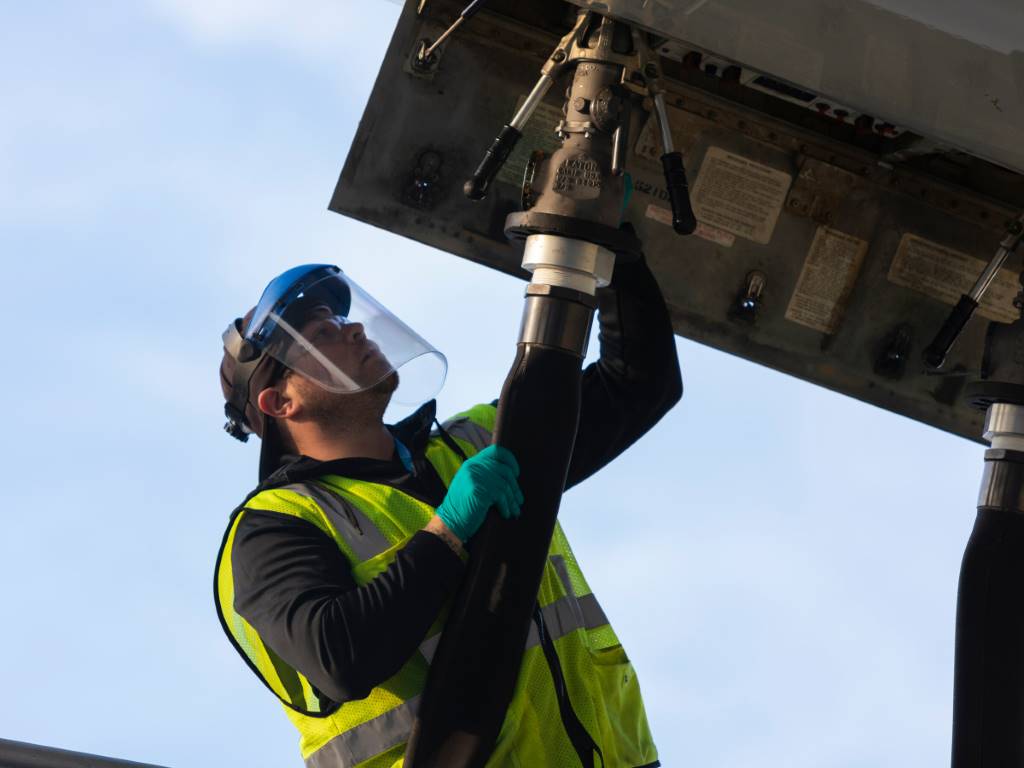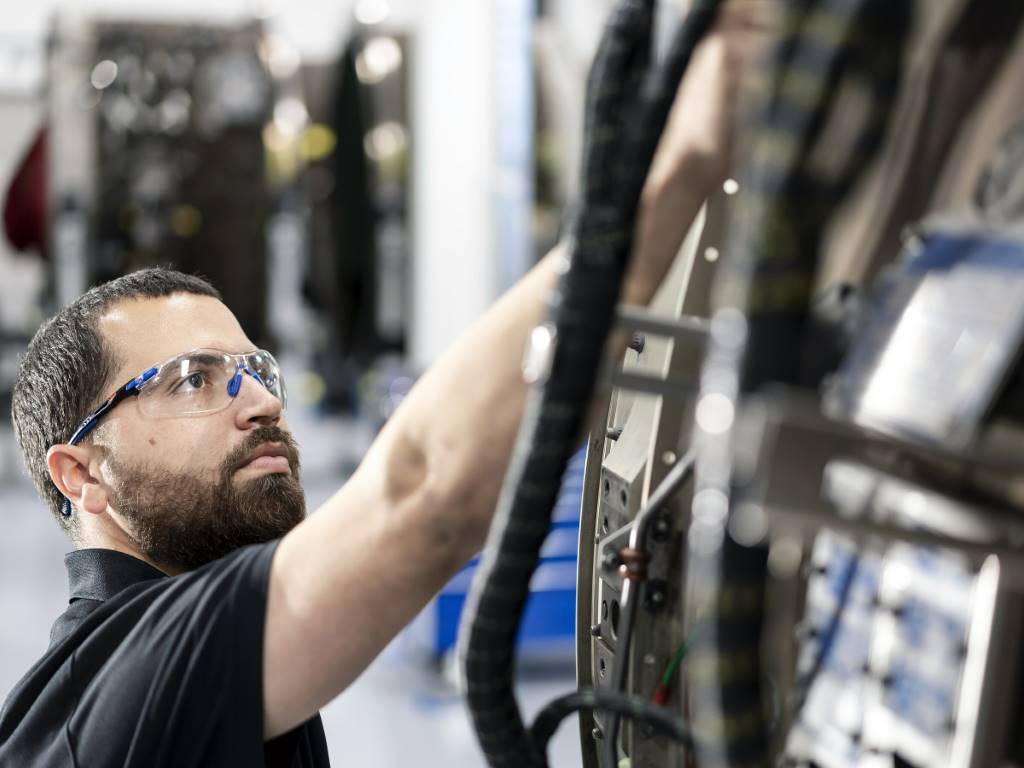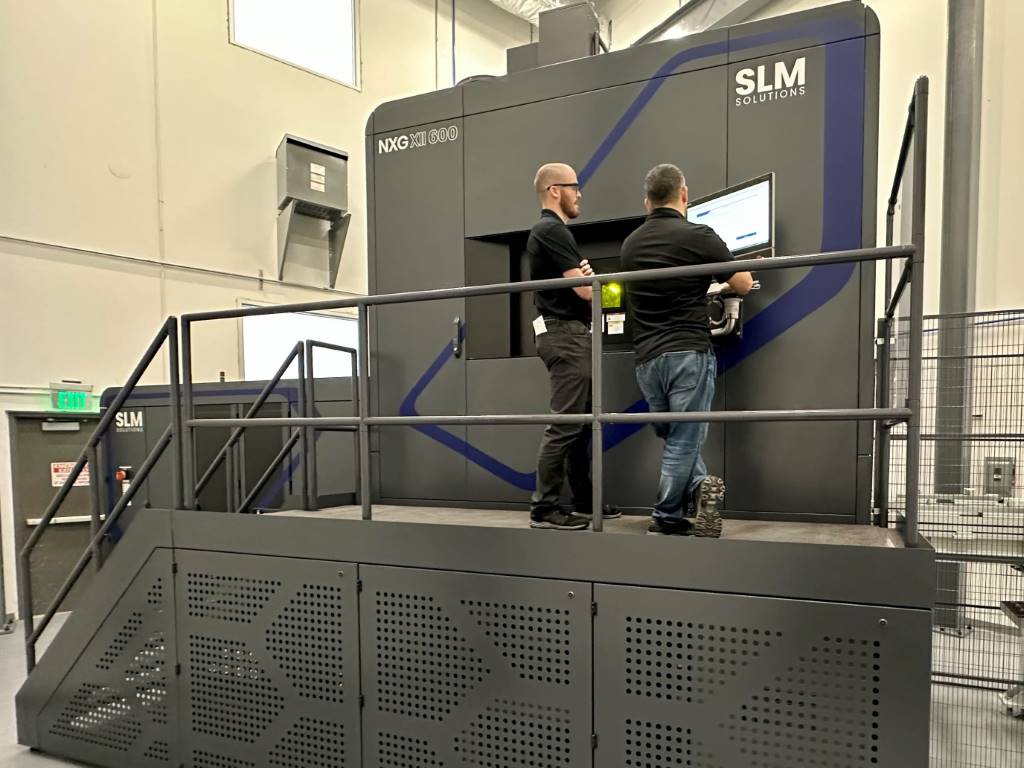Traditional manufacturing isn’t dead!

Advancing manufacturing technology leads some to believe that there will be no place for traditional manufacturing in the factories of the future. PI Castings’ Matt McGillicuddy explains why there definitely will be a place in this future for the investment casting manufacturer, and indeed for traditional manufacturing.
Advances in manufacturing technology are undeniably a great thing. They broaden the horizons of engineers and reduce the costs and lead-times that pain purchasing departments throughout the industry. CNC machining and additive manufacturing technologies are advancing so quickly that the question has to be raised: “How long will it be before there is no longer a place for traditional manufacturing?” The answer to this question could be particularly concerning for me personally, due to the fact that I am employed by an investment casting manufacturer!
But should I really be worried? Before joining PI Castings, I worked in an industry that was completely turned on its head by the progression of technology. This was the photographic industry. Film manufacturers and laboratories were once the giants of the industry, but the rise of digital saw this power transferred to software houses; leaving the former greats to fade into the history books. So I am all too aware of how damaging advances in technology can be to businesses built on traditional methods.
I think it is fair to say that investment casting is as traditional as it gets when it comes to manufacturing. For over 65 years, PI Castings have been manufacturing products for the aerospace industry. Still to this day near 50% of our work is supplied to this industry, and many of our approvals are aerospace specific.
In my time with PI, I have seen machinery produce some fantastic things. At the Farnborough Airshow this past July, I happened to play a guitar that had been machined from a solid piece of Aluminium! Now that really is incredible. It did make me think, “How much longer will investment casting be relevant for?”

So, am I really worried about my future? No. Why? Because of the technical drawing sat on my colleague’s desk. Yes, the drawing references machining, and we will be using our machine shop to carry out the necessary post cast machining. But there is no way that the component could be produced from machining alone, due to its complex internal features.
The ability to cast complex internal features is just one of the many benefits that investment casting offers to engineers. This along with freedom of design, tight tolerances and integrity are why engineers will still be referencing castings on their drawings for years to come. There is simply no competition for investment casting when it comes to manufacturing complex components that have to be lightweight and have good integrity. Especially in instances where lengthy machining processes and the costs associated with them have to be avoided.
It would be remiss of me not to be worried at all. Advances in sintering may mean that one day components with complex internal features will be printed and not cast. But the development and progression I see happening at PI Castings soothes my worries. The team are constantly learning and investing in new technologies, as they have always done, in order to be able to offer the best possible service to our customers in the future. This foresight and active planning will help us remain relevant – even in a world where machines can machine around internal bends.
Traditional methods, and companies like PI Castings, will always have their place in the future.












